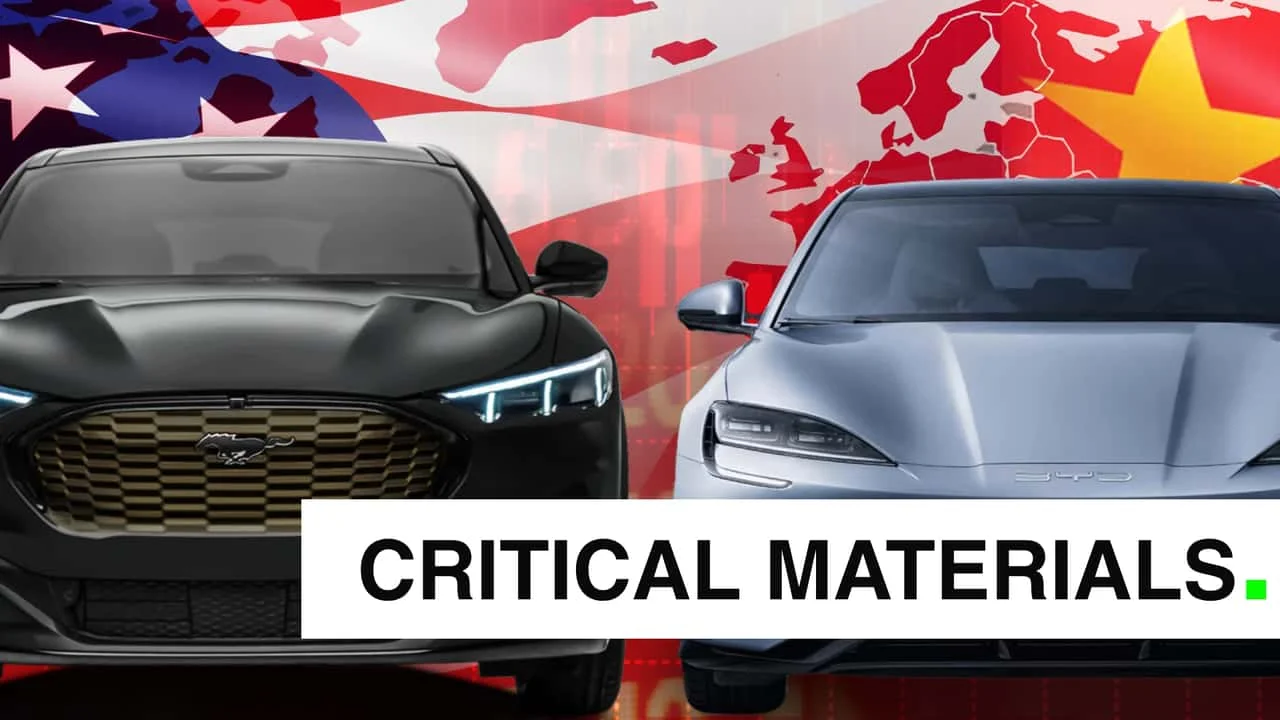Is America’s Auto Industry Facing Its Biggest Crisis Yet? The Shocking Truth Behind Anti-China EV Policies
On September 26, 2024, in Pontiac:- Michigan, experts are raising concerns about the long-term effectiveness of the United States’ anti-China electric vehicle (EV) policies. While recent measures, such as 100% tariffs on Chinese-made EVs and software bans, aim to protect the American auto market, industry leaders suggest these strategies are merely temporary solutions. John Batella, … Read more


